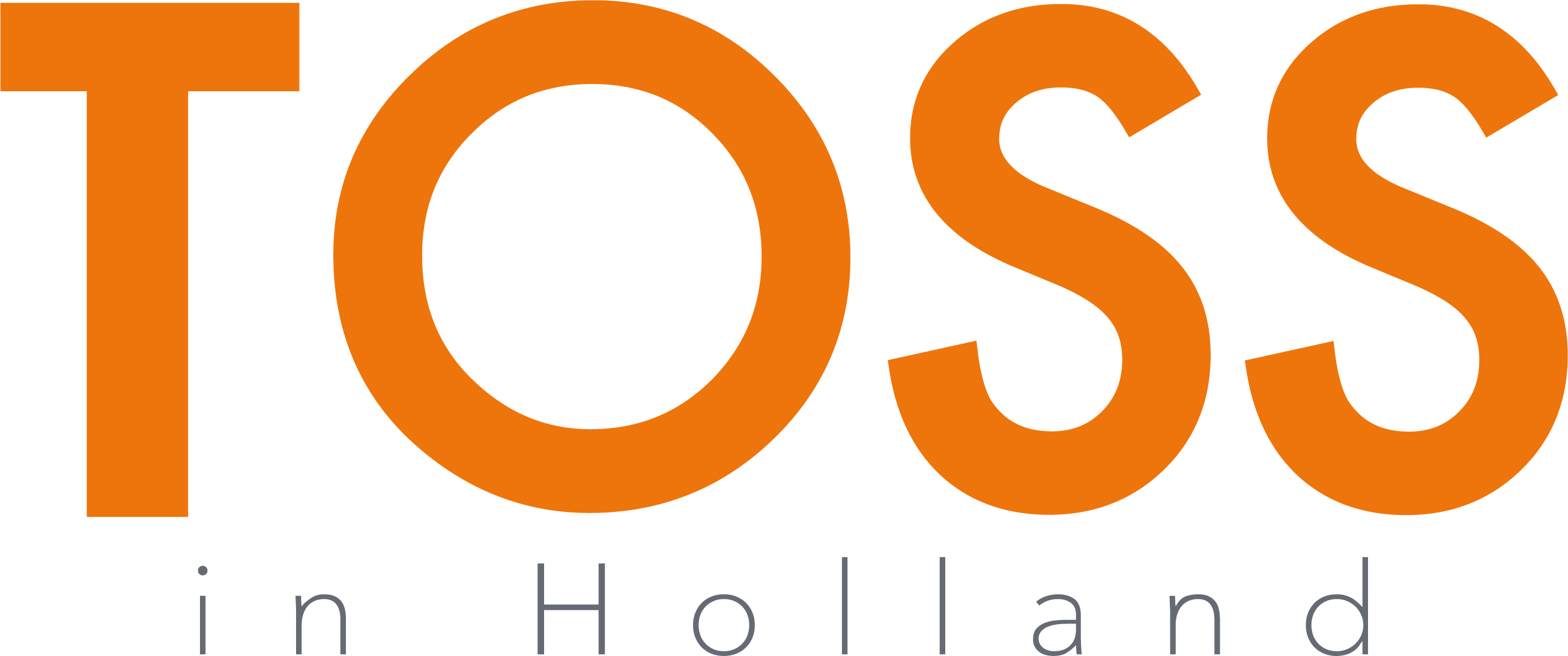School for kids in the Netherlands

This is an important thing not only for you but also for the Netherlands as a country. Proper education determines the future.
We share this opinion at TOSS, but we also know that this is a difficult thing to arrange and choose. In the end you would like the best for your kids and having the best for your kids means that you can focus on your job.
Onderwijs
“Onderwijs” is the Dutch word for education. The Dutch have a unique view on education and one of the principle characteristics is their belief that it should be free. Most of the options for education are underwritten by the government and completely funded. However, there are some private schools that charge tuition, as well as certain programs or activities that require an additional fee.
Another unique facet of the Dutch school system is their way of separating students into different streams of education early on. Children are required to attend primary and secondary school and they are well prepared for the direction they will take after graduation. The system tailors the education to the needs and abilities of each student, offering a variety of options.
School for kids under 4
The Netherlands has various options for the care of young children. There are services provided by different kinds of daycare facilities. This is up to the parents to decide on what is most convenient or attainable for them. There are services starting with infants and ranging up to 5 years old, which is the compulsory school age.
Elementary School
Also known as primary school, or in Dutch “basis school”, elementary school has eight grades and is for children ages 4 to 12. The grades are called groups (“groepen” in Dutch), group 1 being the beginning and ending at group 8. School is compulsory in the Netherlands starting at age 5, which typically corresponds to group 2, but most children begin in group 1 at age 4. Students are taught basic skills in reading, writing, and math. Generally, they begin learning English by group 7 if not before then. At the end of elementary school students are evaluated and tested so that they can be placed in the appropriate stream of secondary school.
Secondary School
Secondary school is split into 3 different programs and is known as “middelbare school” or the equivalent of high school. The 3 programs are differing educational paths that are determined based on academic achievement and interest. The 3 options are as follows:
VMBO
VMBO is a 4-year program that prepares the student to continue in vocational training or trade school. The student would graduate at 16 years of age. This is the most practical and hands-on of the streams.
HAVO
HAVO is a 5-year program that prepares the student to continue education at a university of applied sciences. Typically, a student is 17 when graduating from the HAVO program.
VWO
VWO is the most rigorous academic level of education and is to be completed within 6 years, preparing the student to continue studying at a research university. Students normally graduate at age 18 from this program.
International Schools
There are plenty of options for international school in the Netherlands. These schools are especially designed for international students and their families. The education is either fully or partly in English and the students are prepared to transition into other international schools across foreign borders. Programs such as IGCSE and IB are available, affording internationally recognized diplomas that permit students to apply to universities across the globe. Most of these schools are tailored to expat families, and tuition and fees may be required.
Dutch School Holidays
The Netherlands is split into 3 different educational regions and they follow different calendars in each one. This is done purposefully so as to stagger some of the holiday time off. There are 5 main vacation periods for Dutch school children: Autumn break (1 week), Christmas break (2 weeks), Spring break (1 week), May break (1 week) and Summer break (6 weeks). There are additional public holidays that are observed by all schools, and then each school has its own calendar of days it observes or chooses to close. International and private schools may also vary in their vacation calendars. There are options for childcare during the holidays, though these will incur additional expenses.
TOSS Education Service
Within our network we have a lot of expats who have dealt with the same issues you are experiencing now. A lot of them are willing to be in contact with you and offer you some insight from their experience. Who better to give you advice than someone who has already survived the jungle of schools and education in the Netherlands? If you are unsure about a school, let us know and perhaps we can introduce you to another family, similar to yours.
Also, if you choose not to enroll your kids in an International school, sometimes the language can be a challenge in the beginning. We would gladly act as a translator to help you in this.
Want to live and work
in the Netherlands?
We assist you in every step of the immigration process. Ask your questions in the form below and we get back to you within 24 hours!
About TOSS
TOSS combines experience within the world of payroll, international business, expat services and temporary employment, with the aim of making every related process as smooth and effective as possible. We offer a full-service package in the field of working, settling and living.











